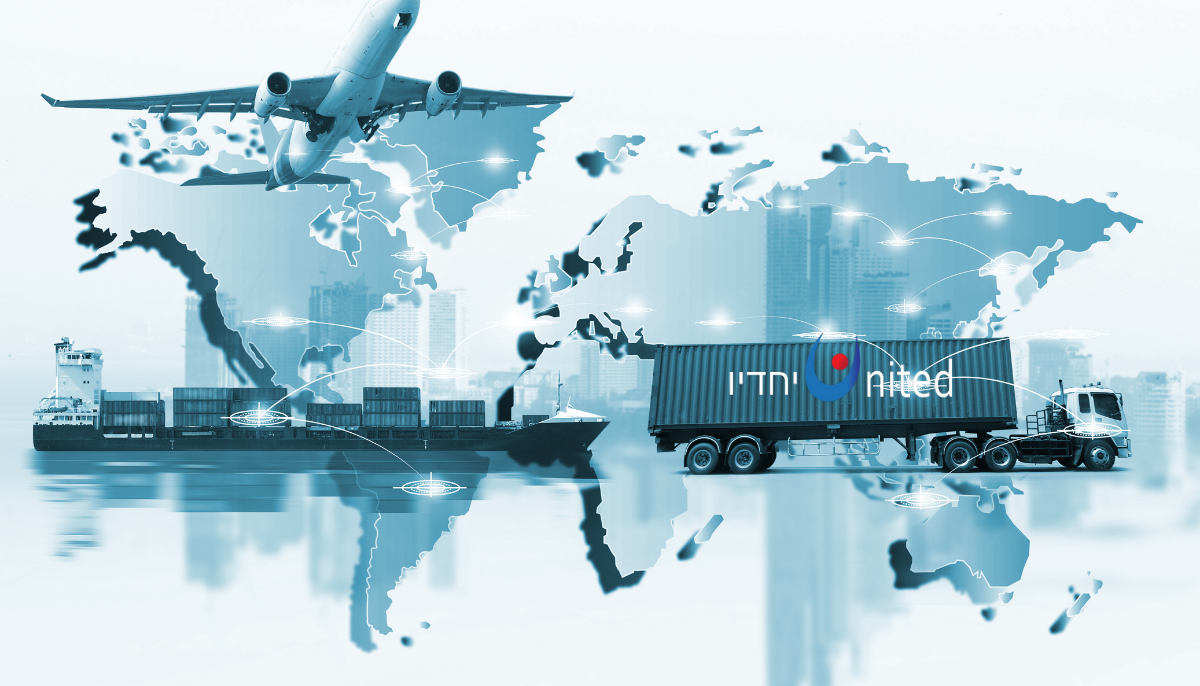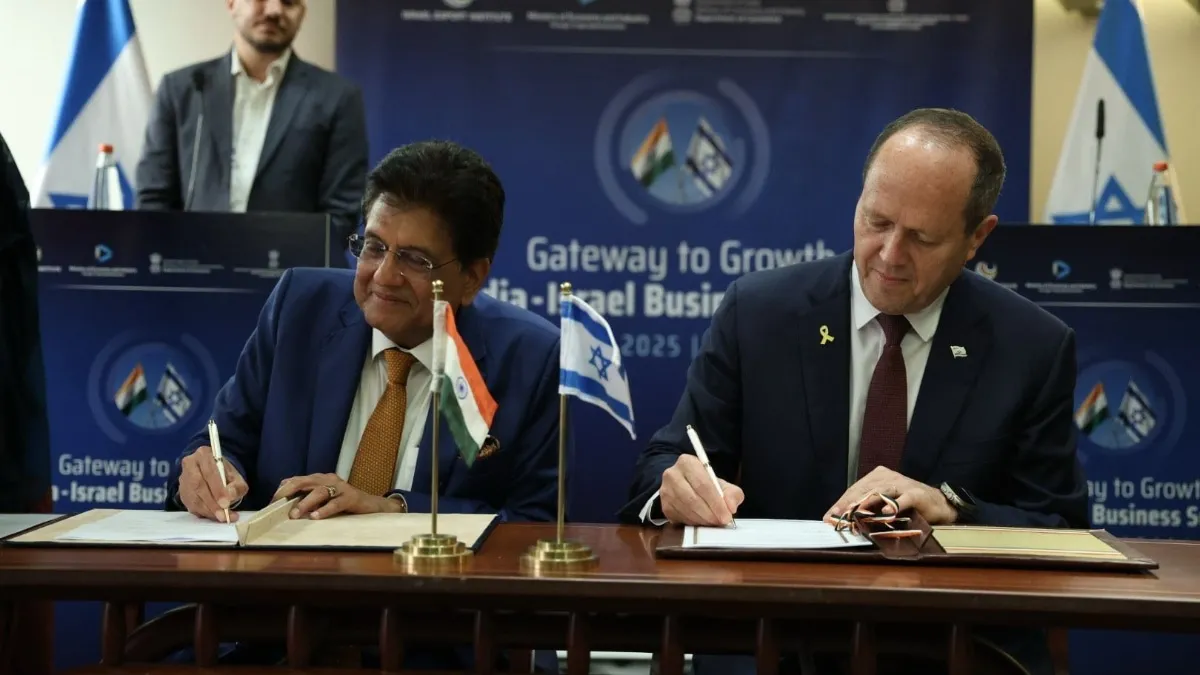
Making trade work for all
In the wake of uncertainty and tensions in the trading system today, alongside heightened public concerns about globalisation, open trade is under threat.
The Customs Tariff Order determines the
regarded positively as a source of growth, development and jobs, some advanced economies (even where people support trade in principle) have more mixed views about particular trade agreements and trading relationships.
But trade is only one element of a broader reaction to both globalisation – encompassing not only trade but also, for example, finance, technology and migration – and domestic economic and political systems in the wake of the global economic crisis. Many people, especially in some advanced economies, are expressing anger and frustration with an entire system that they no longer believe is delivering a better life for them and their families. They believe that the current system is unfair, and is not working for them. There is increasing evidence that many of them may be right.
Distrust of the system has its roots in some genuine problems
Since the economic crisis in 2008-10, lower global growth has meant not only fewer resources to meet current economic, social, environmental and security needs, it is also threatening promises made to today’s workers for retirement benefits and pensions. A rising productivity gap among firms means a gap in wages and opportunities for their workers. Not only is income inequality rising in many economies, but inequality of opportunity is also increasing – low-income households are often unable to adequately invest in education for their children, which can have strong, detrimental effects on individuals and limit social mobility.
There are also strong disparities amongregions, with lagging regions suffering lower productivity, growth and employment opportunities. More also needs to be done to ensure that more businesses are sharing the benefits of globally-integrated markets. Small and medium-sized enterprises (SMEs) tend to be under-represented in international trade. While a few “born global” firms and highly-innovative SMEs are fully integrated into global markets, and a sizeable share of SMEs participates in global value chains (GVCs) as suppliers of exporters, for many SMEs export relationships can be short-lived – only one or two years in many countries.
More broadly, there are concerns around the world that competition in the global economy is distorted by market barriers and government actions. From local content requirements to subsidies, to behind-the-border regulatory measures seen as favouring domestic companies and products, countries are concerned that others are not playing fair.
Against this background, digitalisation is also bringing profound transformation, with new opportunities and challenges. While information and communications technologies are contributing to increased productivity and wellbeing, and bring employment in new occupations and industries, there are also concerns as the breadth of the transformation comes into view. On average across countries, an estimated 14% of jobs are at high risk of being automated (equivalent to over 66 million workers in the 32 countries studied), while for another 32% more jobs, 50-70% of the tasks involved are at risk of automation. Although some workers will have the skills to adapt, and productivity gains and technology will see new jobs created, it is clear that workers will be displaced.
And those losses can be sharp and concentrated on individuals, often those with the least capacity to adjust on their own. Some import-competing industries in advanced countries have also seen significant job losses. So as well as ensuring people are able to take advantage of opportunities from trade and technology, helping those facing hard adjustment is critical.
So what can be done to address the legitimate concerns of people that are losing out from a global economic system that is not yet free, fair and open?
The reality is that trade alone did not cause all of the problems that concern so many people today, and trade alone will not solve them either. Governments need to act across many fronts simultaneously, recognising that the impact of global trade on people depends both on the national policy settings of the countries in which they live and on the nature and degree of international economic cooperation.
This implies working across silos and taking a much more integrated policy approach, both domestically and internationally, in order to make the whole system work better and for more people. We can start by focusing on three things.
First, the impact of openness on growth depends on the conditions in the domestic economy that enable benefits to materialise and be fairly distributed, and for people and firms to have the capacity to take advantage of new opportunities. This includes, for example, reducing unnecessary costs that policies can unintentionally impose on traders, investing in the physical infrastructure to connect people to jobs and markets, and investing in people (from early childhood through to lifelong learning) to enable them to take advantage of new opportunities.
Second, we need to do more to bring everyone along, and to ensure that temporary setbacks do not turn into lifelong disadvantages. Adjustment policies focusing only on those displaced by trade are not enough. Making the whole system work better for more people calls for an approach that puts improved well-being and stronger and more inclusive growth at the centre and empowers citizens, firms and communities to adjust to rapid changes and benefit from the opportunities created by technology, globalisation and trade. While the exact recipe will vary by country, efforts need to target not only labour markets and social safety nets, but also equality of opportunity.
And third, we must use the full range of international economic co-operation tools to make the international system work better. Trade is shaped by a wider set of issues in how countries interact with each other in the global economy – from financial regulation and tax co-operation, combatting bribery and corruption, to workers’ rights and environmental protection. These issues are the subject of different kinds of agreements in the international economic co-operation toolkit, ranging from legally-binding multilateral rules and voluntary guidelines and codes of conduct, to transparency and dialogue.
But the international system we have now is not delivering for everyone. The lack of an international level playing field is among the factors that affect the allocation of trade benefits, both within and among countries, sectors, workers, and regions. To make the system more free, fair and open we need to fix the areas where we have gaps and unfinished business. And we need to do much more to ensure that everyone, from companies to countries, plays by the agreed rules.
Trade policymaking also needs to become a more open conversation, where more people can debate the issues, assess the pros and cons, and feel a greater sense of confidence that the trade-offs inherent in reaching agreements make sense. Not everyone will agree, but increasing understanding and broadening the dialogue will help to identify new solutions. An informed public debate can help build a better understanding of the role of trade in the economy. Not everyone can be in the negotiating room – and inclusion can also lead to capture by dominant lobbies – but everyone can have a much better sense of the choices at stake, and more opportunities to give their views on those choices, to inform and be informed by the debate.
Only a more modern, comprehensive and coherent package of trade, domestic and international policies can help ensure that global trade becomes more free, fair and open so that it can do what it is supposed to do: contribute to better lives for more people.
More related articles...


The Drivers of Supply Chain Resilience
The pandemic has shown the vitality of supply chain resilience. Dr Yueh explains what trends should be considered going forward in building back supply chains


Making trade work for all
In the wake of uncertainty and tensions in the trading system today, alongside heightened public concerns about globalisation, open trade is under threat. The Customs


Where do my things come from? How trade works today
When we think about international trade, we traditionally think about a person or company producing all elements of a product in their home country and


Why open markets matter
People trade and governments open markets because it is in their interest to do so. Trade and market openness has historically gone hand-in-hand with better


Market analysis tools
A key challenge for exporters is the scarcity of reliable trade information on markets.























